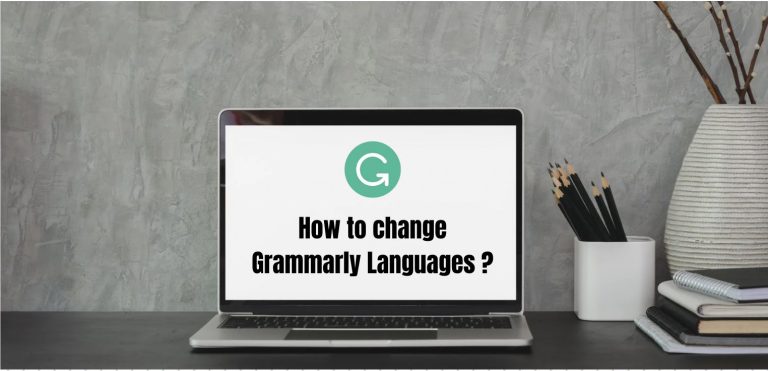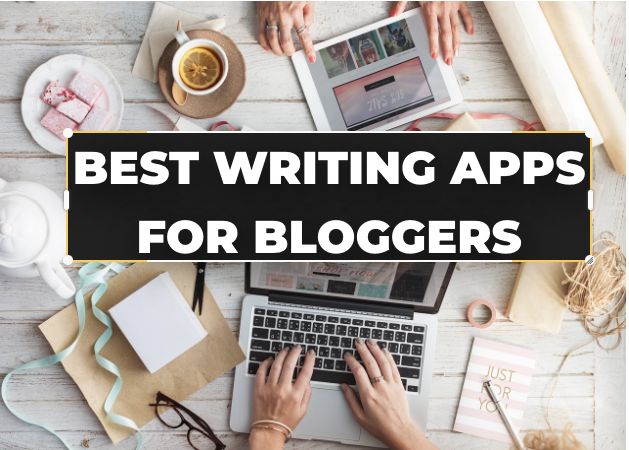Audiobooks vs Ebooks: Which is Better for Readers?

Credit: @mybookishchronicles on Instagram
If there’s one thing that’ll help you get more out of writing, it’s reading. In How to Enjoy Writing, we note that picking up a book is one of the best ways to improve your skills. It’s also great for stress relief: reading for just six minutes a day can ease up to 68% of the tension you’re feeling. And it doesn’t matter what you read for you to reap these benefits—just turn the first page and get started! That’s why we are doing a comparison of Audiobooks vs Ebooks.
Today, though, readers have to decide more than just what title to begin with. Print is still king, but Entrepreneur finds that ebooks and audiobooks will become even more popular in 2024. If you dislike physical books that are especially thick, use small font sizes, or are hard to bring around, you may prefer these digital formats.
But which one is better for readers—ebooks or audiobooks? The choice will ultimately depend on your needs and preferences, so let’s look at how they compare in different categories and see how they match up.
Audiobooks vs Ebooks
Accessibility
Multiple barriers to access may keep you from reading books. Are they affordable and easy to acquire? Do they provide ease of use? Does their design consider physical disabilities? Audiobooks and Ebooks can both address these questions. For one, it’s relatively easy to acquire them, even on a tight budget. That’s especially true if you choose to subscribe to modern providers, including the digital library Everand, where you can access thousands of ebooks and audiobooks for the price of a single book.
That means you can get everything from the bestselling Lord of the Rings to self-published works like How to Start a Profitable Blog by Jeannie Greene. If your local library supports it, you can even borrow ebooks and audiobooks for free through online platforms like Hoopla.
These two formats are also easy to use. You can start reading or listening to them on your phone or a dedicated e-reader for ebooks if you’re feeling fancy, meaning you don’t need to inconveniently lug physical tomes around. However, this is where the audiobook starts to stand out. Unlike ebooks, you can listen to them while multitasking—whether washing dishes or commuting. They also boast a unique accessibility factor: people with mobility or vision impairments can enjoy audiobooks more easily.
Comprehension
Reading to upskill? Ebooks offer a few functions you won’t get with the audiobook, like the ability to tap a word and see its definition. You can also write notes like you would in the margins of a physical book, but usually only if you splurge on capable e-readers like Amazon’s Kindle Scribe.
When it comes to actually helping you comprehend what you read, though, ebooks may not be the best option. Science News Explores’ 2021 article: Will you learn better from reading on screen or on paper? explains that’s because your brain is used to skimming what you read on a screen it’s harder for you to enter a deep-reading mode with the ebook.
In contrast, audiobooks can help with reading comprehension because you listen slower than you read. That gives you more time to absorb the information you’re hearing. Another added benefit, especially if you’re building your vocabulary, is that audiobook narrators will pronounce new words for you alongside the setting in which they’re used. It’s thus easier to learn not just these words and what they mean but also how to use them in the right context.
Immersion
You may be wondering if ebooks and audiobooks can replicate the feeling of not being able to put a book down. The great news is they do! You can make your choice depending on the unique way you absorb information. If you’re a visual learner, you’ll probably love ebooks. They do more than just display images like fantasy world maps in crisp detail and without page breaks—they also come in interactive versions that can make the reading experience more exciting. Thanks to AI, you can now read classics like George Orwell’s Animal Farm by holding real-time conversations with the characters to understand the story better.
Meanwhile, readers with a more active imagination may prefer the audiobook. Narrators work their hardest to make them come alive, especially for stories with rich details and dialogue. And if you listen in with headphones, you’ll gain an even more immersive experience where you can let your mind run free.
Ebooks and audiobooks both have pros and cons, so the best one for readers will depend on their needs and preferences. If you don’t lean particularly strongly either way, though, the audiobook may be the better format for you. For more insights on reading, writing, and everything in between, check out what we have to offer here on Scale Blogging.






